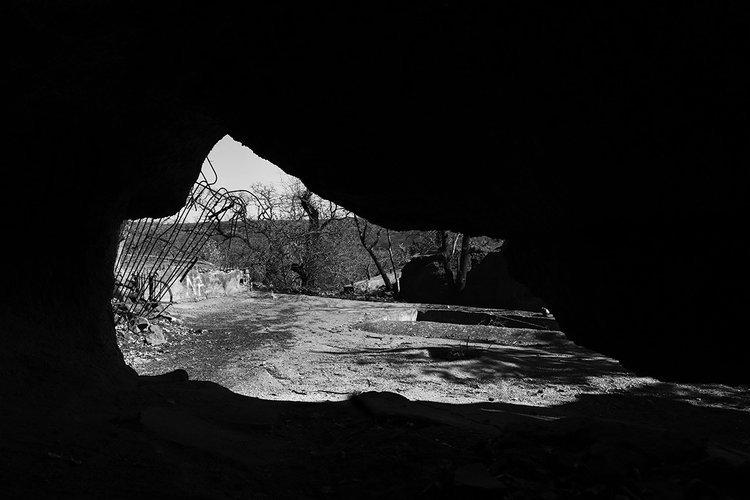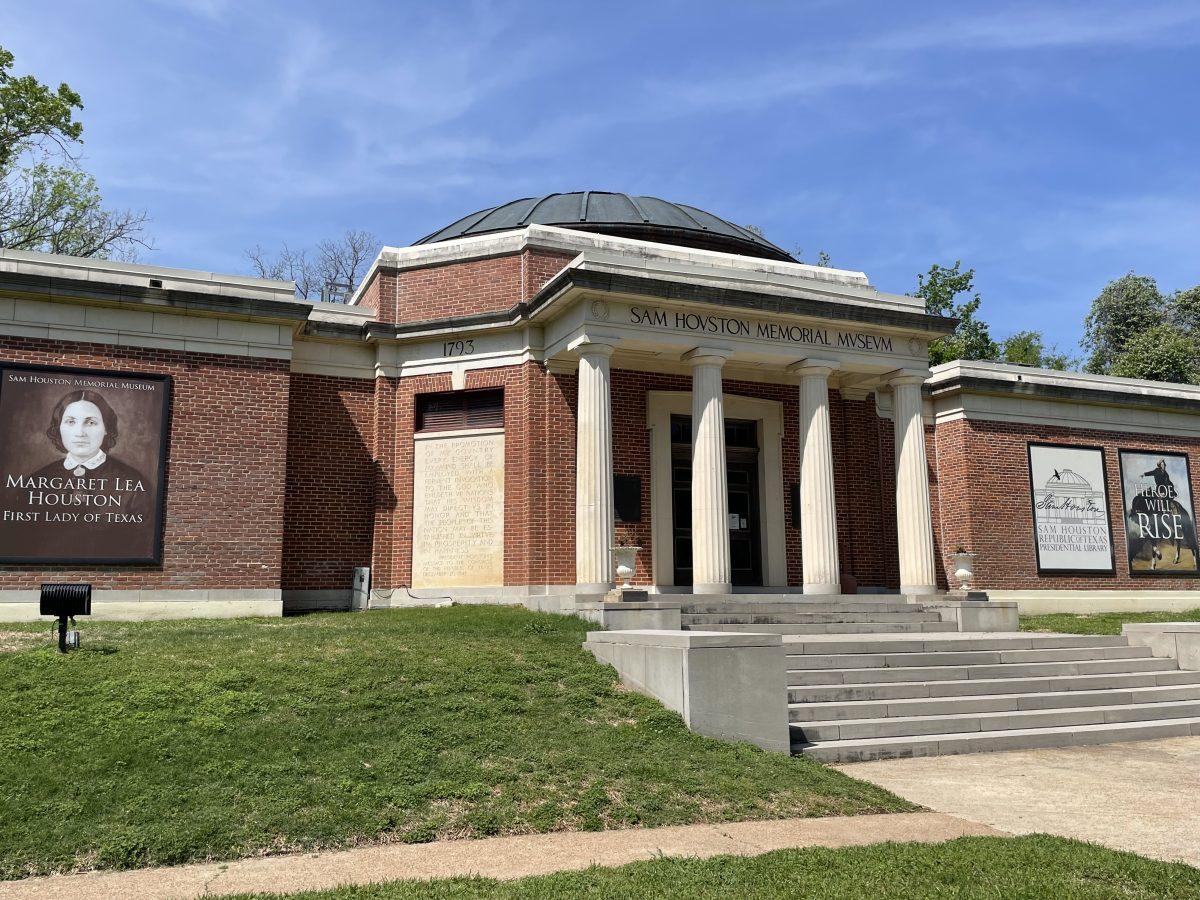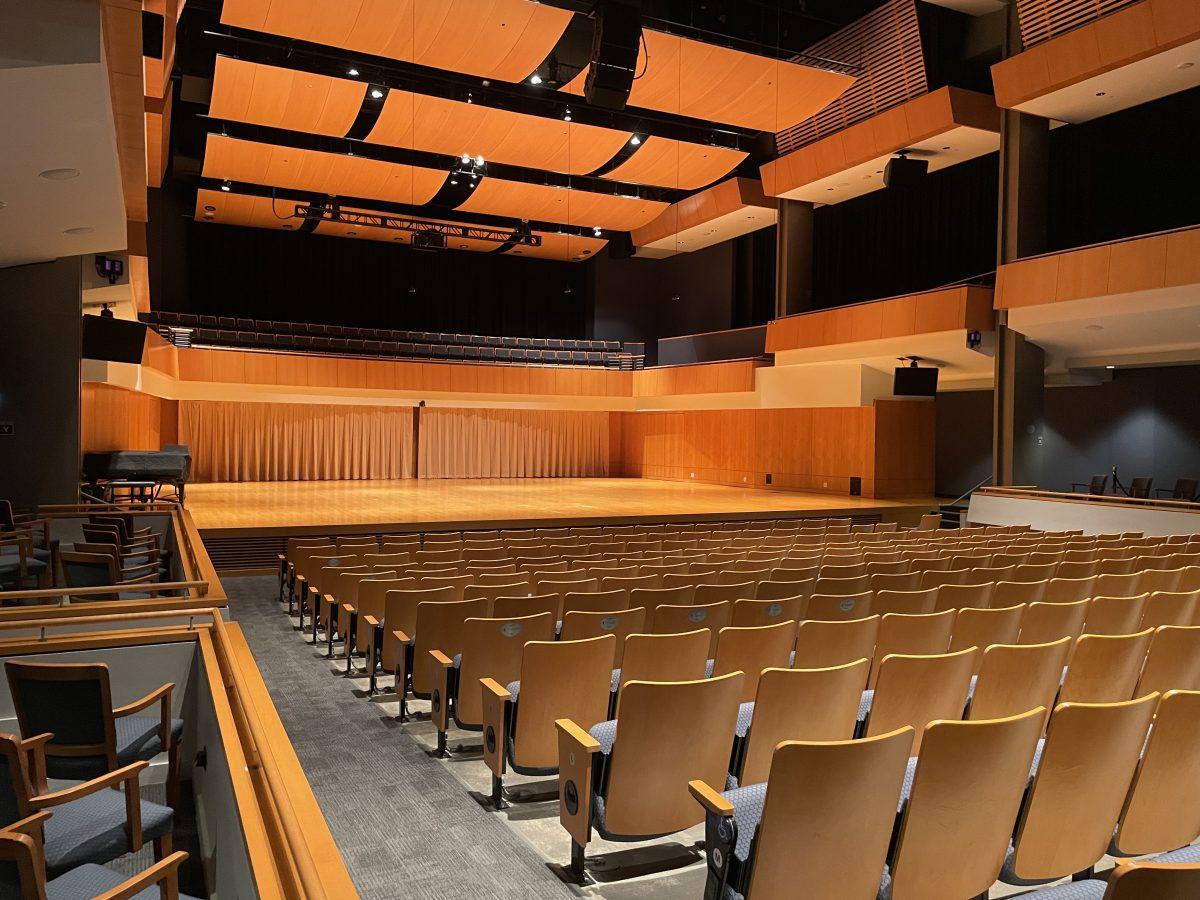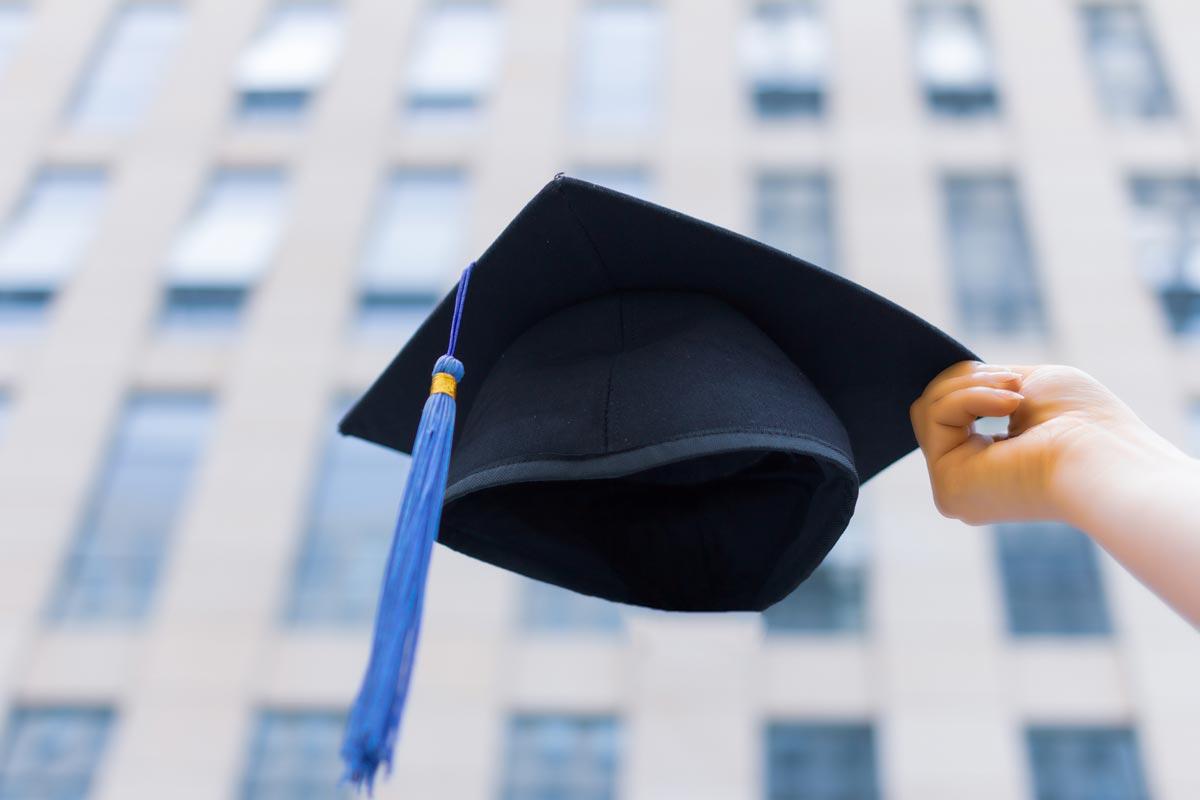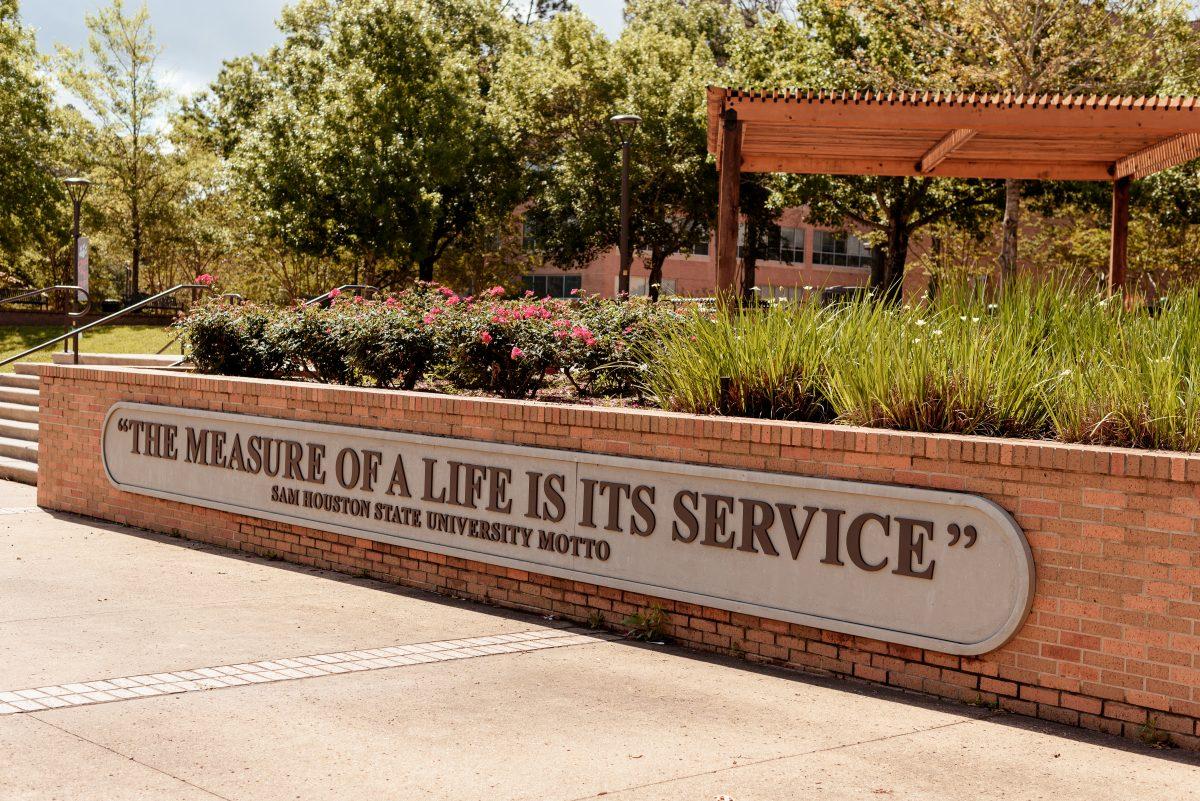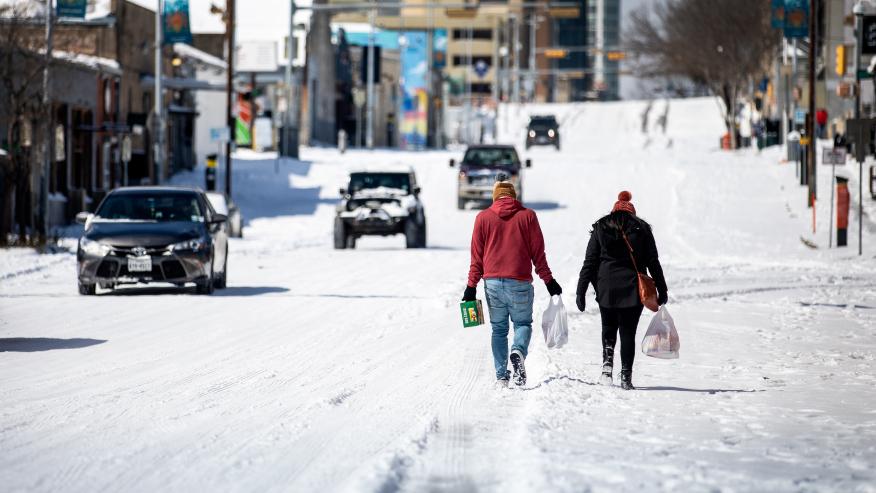There are many unique aspects of Sam Houston State University. However, the college of criminal justice may have the most fascination location of all, where students can observe the decomposition of human bodies.

The Southeast Texas Applied Forensic Science Facility (STAFS) is perhaps one of the most unusual places in Texas considering that it is one out of four locations in the United States of America.
STAFS, informally known as the “body farm,” is housed under the college of criminal justice and used to aid research, education and law enforcement training in forensic anthropology. STAFS is a willed bodied program where each body that is donated is considered an anatomical gift used strictly for research.
The four locations in the U.S. include SHSU, Texas State University, the University of Tennessee and Western Carolina University. Sibyl Bucheli, Ph.D., is a forensic entomologist who has been at SHSU for six years and has been doing research at STAFS since it opened in 2009.
“When our forensic anthropologist and STAFS director Dr. Joan Bytheway was hired she had always had the STAFS facility in mind,” Bucheli said. “It was a primary objective of hers to have a facility like the one that they have in Tennessee to do her research, and it helped that the university was very supportive of the idea. Our short term goal at the STAFS facility is to understand decomposition in the Pineywoods eco-region of Texas and the long term goal is to be able to use this information that we collect to help solve crimes.”
Bucheli is on the research committee at SHSU and specializes in the study of insect species. She has a grant from the National Institute of Justice that equips her to study the bacteria on cadavers and how they change over time.
The studies have resulted in scientific discoveries that other areas may have over looked or cannot be observed because they are in a different eco-region. She has testified in criminal court cases in the use of entomology in determining time of death.
When the anatomical gifts are donated at the time of death they can be used for medical research for things like anatomy or fine-scale microsurgery, or can be donated to the STAFS facility. At STAFS, the gifts are used as research for a variety of students such as forensic, criminal justice, biology and chemistry majors.
Law enforcement agents can also take classes at the facility that are offered for detectives and crime scene investigators. The STAFS facility also educates teachers from schools other than the university that they can teach forensic classes.
“Without the anatomical gifts that have been given, we wouldn’t be able to do the educational training that we do,” Bucheli said. “I teach an entomology class that is a graduate level lecture and lab…for the first three weeks I’ll do nothing but lecture. For the remainder of the semester the students will be out at the STAFS facility on their own doing specific tests and analysis and gathering their own data for a real hands-on class. They interact with the cadavers and the research that they get is what they use to write their thesis.”
Bucheli and her graduate students are also able to use the anatomical gifts for casework projects that are designed to specifically analyze the surroundings of a crime scene. There are certain crime scenes that they can recreate at the STAFS facility that help researchers determine whether or not what the defendant is saying is consistent with what would have happened to cadavers in nature.
Then, there is forensic anthropology, which regards the study of decomposing cadavers throughout history and determines the age, sex and ethnicity by how certain bones look. Senior criminal justice major Sarah Potts entered into this field when she first heard about the STAFS program.
“My goal is to work for the FBI as a detective and field investigator,” Potts said. “When I first heard about the class that was being offered for those who wanted to minor in forensic anthropology…I thought that it would be really cool so I signed up.”
Potts said her involvement at STAFS has helped her with research throughout her academic year.
“I have been working out at the STAFS facility since I was a sophomore and have found the class very helpful when it comes to doing research on a cadaver that is more bone than skin and has decomposed over time,” Potts said. “If you are in to this kind of thing then this is an excellent program to get involved in.”
As for Bucheli and the staff that she works with, their goal as scholar teachers is to train students on how to be better scientists through utilizing the scientific method to do research on the unique projects they are given.
“I would encourage the students who are interested in this field of study to get some interesting books on the topic, pay attention in classes and figure out what professors might have room in their lab for some help,” Bucheli said. “We never give a student more than they can handle. As a student gains experience they gain responsibility, knowledge and empowerment that confirm that they are ready to move on to the next step in their research and education.”




